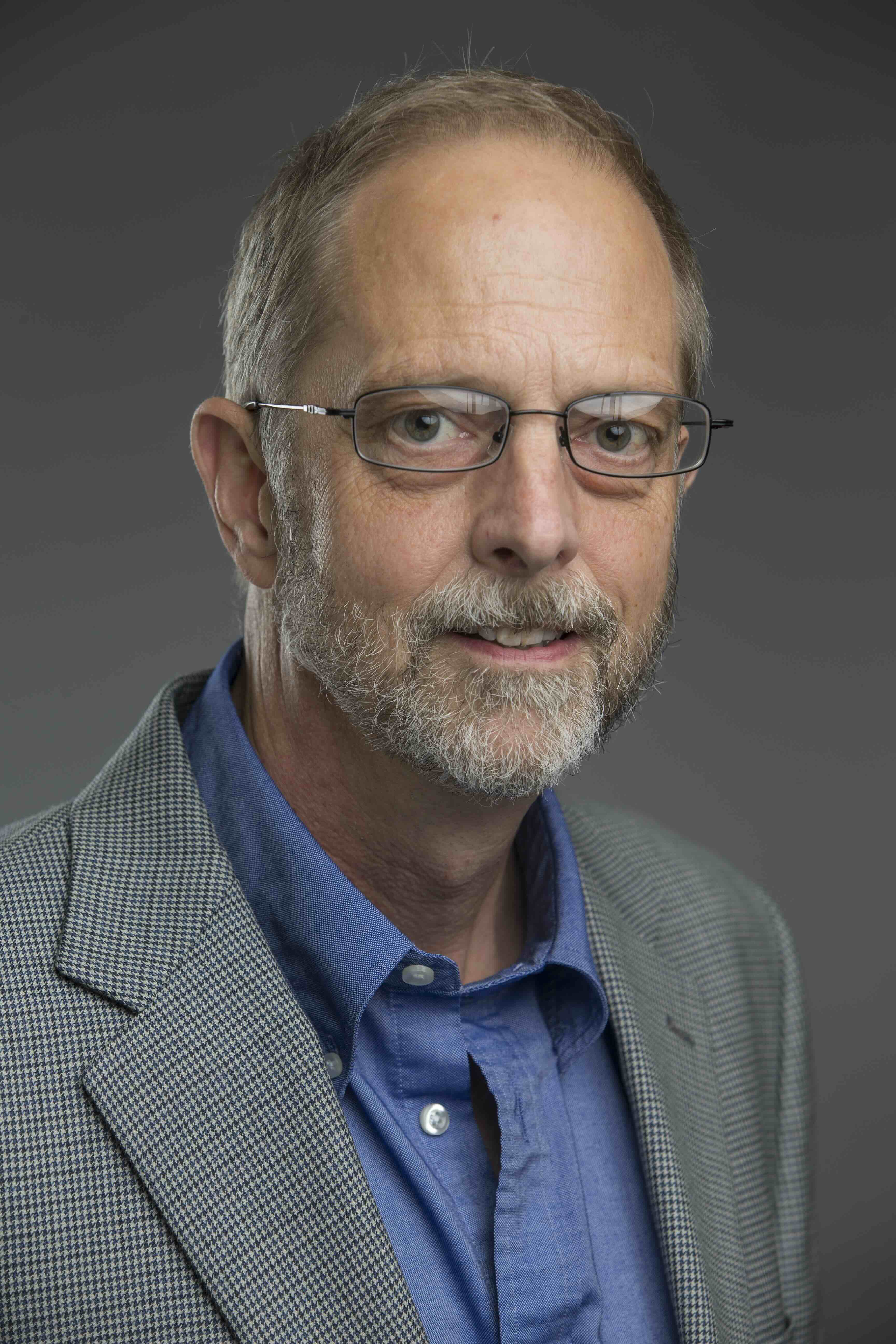It is with deep sadness and profound respect that I reflect on the life and legacy of Dr. Gregory Beaucage—a prominent scholar, an outstanding researcher, and a devoted educator. Greg was not only an internationally recognized leader in polymer science and nanostructured materials but also a treasured colleague and friend whose presence elevated the academic community at the University of Cincinnati and far beyond.
Greg was, above all, a thinker. He had an exceptional ability to identify the most fundamental and unresolved questions at the frontier of polymer science. Whether discussing polymer structure, complex nanoparticle synthesis, or advanced scattering techniques, Greg never settled for surface-level answers. He probed deeply, proposed original hypotheses, and developed transformative theoretical and experimental frameworks. Greg's work on the unified scattering function is now a foundational tool used globally by researchers in materials science, biology, and nanotechnology. His ideas on polymer branching, crystalline orientation, and structural transitions in soft matter systems were nothing short of visionary.
Greg's intellectual curiosity was matched by his commitment to the education and mentorship of students. He was a tireless promoter of the Polymer Graduate Program at UC and played a central role in shaping its academic rigor and depth. His teaching portfolio was impressive and impactful—covering core courses such as polymer physics, thermodynamics, characterization, and hands-on laboratory instruction. Greg held his students to the highest academic standards, not out of strictness, but out of genuine belief in their potential. His classrooms were not just sites of instruction, but spaces for transformation, where students learned how to think analytically and conduct meaningful research.
As a member of the Materials Science and Engineering program, Greg brought incredible energy and vision. He often spoke passionately about improving the polymer curriculum, revamping the qualifying exam structure, and attracting top-tier students. His contributions were always constructive, forward-looking, and grounded in his vast experience as both a researcher and an educator. The depth of his insight into program development, coupled with his collaborative spirit, made him an invaluable member of our faculty.
We will deeply miss the many stimulating hallway conversations we had with Greg over the years. As MSE colleague, we were fortunate to engage frequently with him on topics ranging from our latest manuscripts to publishing strategies for Nature and Advanced Materials, from NSF proposal strategies to the future direction of the MSE program. He always had bold ideas, many of which eventually became initiatives that shaped the department. These conversations, sometimes spontaneous and other times long-planned, reminded me of how fortunate we were to have a colleague who was not only brilliant but also generous, collegial, and deeply invested in our shared academic mission.
Greg's research accomplishments are extensive and continue to inspire. From his early work on polymer thin films to his more recent advances in flame synthesis and biomolecular folding, Greg combined creativity with technical mastery. He collaborated widely, securing support from federal agencies, international institutions, and industrial partners, always seeking to bridge fundamental understanding with real-world applications. His work appeared in some of the most prestigious journals in the field, and his reputation as a thought leader was affirmed through his many invited talks, visiting appointments, and service on advisory boards of national facilities.
Yet, for all his professional success, Greg remained approachable, thoughtful, and deeply human. He cared about his students, his colleagues, and the future of the field. He brought humor to serious discussions, perspective to moments of challenge, and integrity to everything he touched.
The loss of Dr. Gregory Beaucage leaves a void that will not easily be filled. His legacy, however, lives on—in the students he mentored, the ideas he pioneered, the curriculum he helped build, and the community he strengthened. He was a true scholar, a trusted colleague, and a kind friend. We will miss him dearly.
